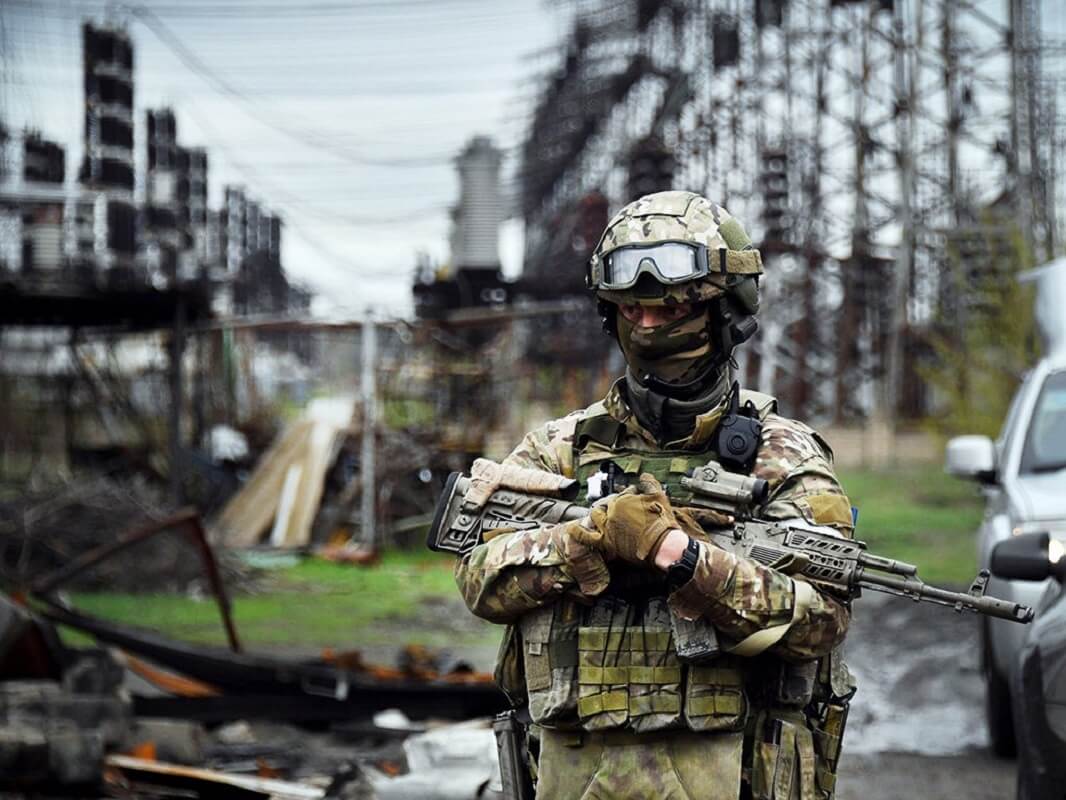Will Vladimir Putin’s Mobilisation Backfire?
Lawrence Freedman | 02 October 2022
In the above quotation, John Falstaff is explaining to Prince Henry the role that the unprepossessing men he has gathered will play in the coming battle against a rebellion led by Henry Percy and his son Harry Hotspur. Falstaff, while entertaining company, is a drunkard and a rogue. Although commanded by Henry, his commitment to the cause is less than wholehearted. Instead he sees the war as a money-making opportunity. Having been given funds to raise men, his first move was to press into service those with sufficient means to pay for their release. Then after pocketing the proceeds he acquired a collection of beggars and prisoners. There was “but a shirt and a half in all my/company; and the half shirt is two napkins tacked/together and thrown over the shoulders like/an herald’s coat without sleeves”. As Henry could see, Falstaff’s men were in no fit state for battle. No matter, explains the latter, they could serve as “food for [gun] powder” able to “fill a pit as well as better” men. There is no need to point to the contemporary parallels.
Nor do we need to do so when Falstaff’s cynicism is thrown into even sharper relief as battle is joined. He had intended to remain a spectator but is found by a rebel leader who takes him on. Falstaff falls, pretends to be dead and survives. Later, when he can get up, he congratulates himself on his pretence. A dead man is a fake man, but faking dying to live is “no counterfeit, but the true and/perfect image of life indeed”. He adds: “The better part of/valour is discretion, in the which better part I/have saved my life.” Many among Russia’s new recruits will be wondering whether they can also find a way to make the same point.
“Cannon fodder” is an updated version of “food for powder” for the 19th century, when it was first used. It gained currency during the First World War to convey the likely fate of recruits with expendable lives, destined to die in futile offensives or in defence of exposed positions. It is the term now most applied to the hapless Russians pushed forward into the hazardous fight in Ukraine. As soon as Vladimir Putin announced a “partial” mobilisation on 21 September, the hashtag #CannonFodder began trending on Twitter, with images of tearful goodbyes, new draftees who were senselessly drunk, others examining rusty Kalashnikovs riddled with woodworm, and yet more having shouting matches with officers trying to boss them about. Graffiti in St Petersburg chided those in Moscow who failed to protest a war in which they must now fight: “To start with you were indifferent to politics and now you’re cannon fodder.” The BBC journalist Francis Scarr notes that the term translates into Russian as “cannon meat”. Ukrainians speak of the “meat grinder”. The terms seem appropriate because these men have been called up to stop the rot in Ukraine, yet are so poorly prepared and equipped that they will simply add to the casualty numbers. But can they still make a difference to the course of the war? Or is it more likely that they will add to Russia’s front-line troubles?
A Russian route to victory?
The role of mobilisation is to address the military’s chronic manpower shortages. Because of it, numbers will not be the problem. A redacted seventh paragraph in the published decree has been reported to suggest a target of one million, even more than the 300,000 mentioned by the defence minister Sergei Shoigu. Anything from 60,000 to 120,000 men are being moved quickly to the front as a matter of urgency. The problem for the military command is not one of finding the bodies, especially if the authorities are not too choosy, but in clothing, training and equipping them. Even those most ready for the front (the more knowing will take what they can of their own kit) will still be unprepared because Russia is already digging deep into reserves of weapons and equipment, and there are few spare officers available to instruct them. Nonetheless despite those protesting and escaping many have turned up as required, however fatalistic their mood. Some of these will be better prepared than others, especially those who have recently completed their period of conscription. We should not assume therefore that those turning up will all be unwilling or incapable of fighting.
Lawrence Freedman is emeritus professor of war studies at King's College London. His writing for the New Statesman includes in-depth analysis of the war in Ukraine and European history.
This article was originally published on The New Statemen.
Views in this article are author’s own and do not necessarily reflect CGS policy.
